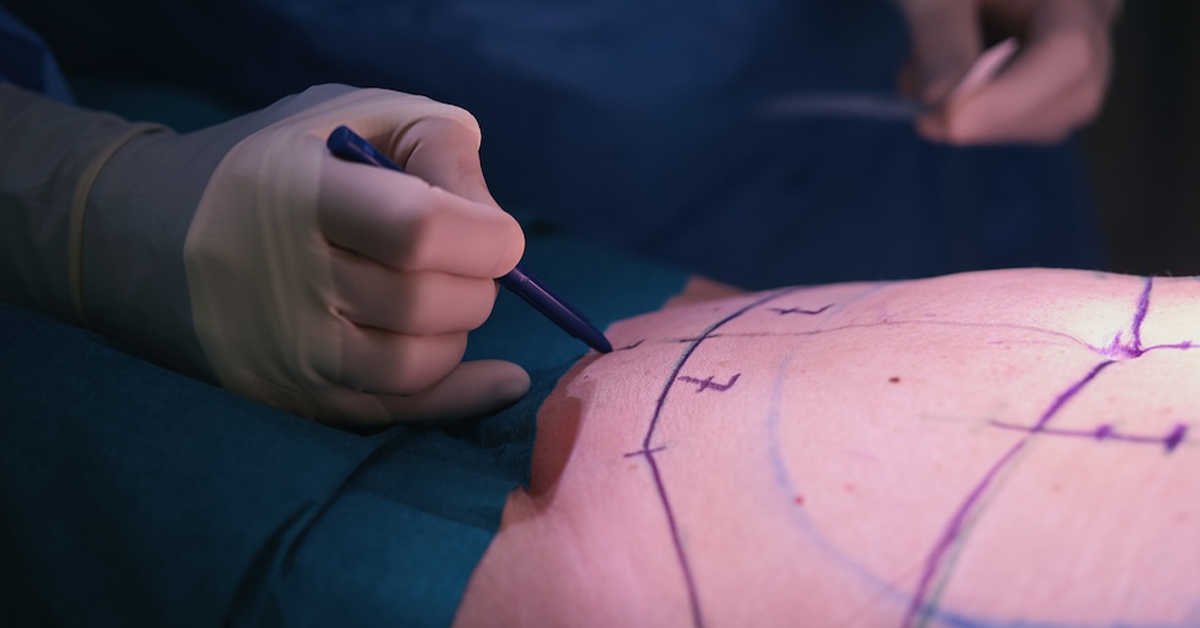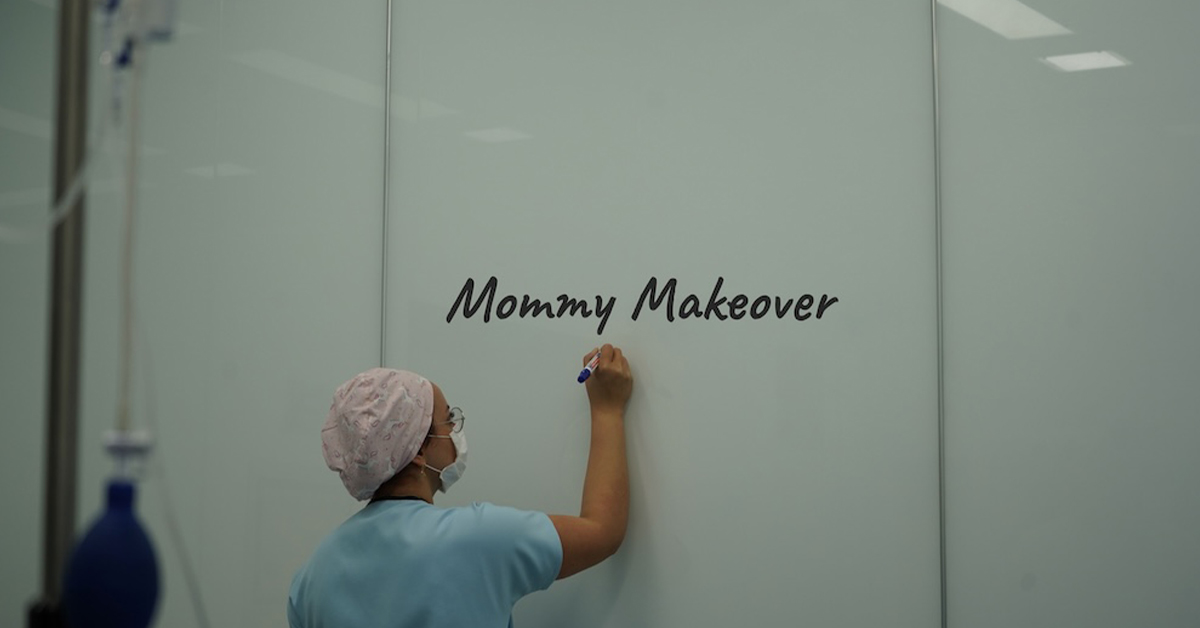Why Do People Get Plastic Surgery?
Plastic surgery has become increasingly popular in recent years, with more and more people opting for various cosmetic procedures. While there may be different motivations behind each individual’s decision to undergo Plastic surgery, there are some common reasons why people choose to alter their appearance through surgical means.
We will explore five popular questions surrounding the topic of why people get plastic surgery and delve into the underlying factors that drive individuals to make this decision.
What are the main motivations behind getting Plastic surgery?
Body image concerns and Self-esteem
One of the main motivations for people to undergo Plastic surgery is to address body image concerns and enhance their self-esteem. Many individuals feel dissatisfied with certain aspects of their physical appearance, such as the shape of their nose, size of their breasts, or signs of aging on their face.
Plastic surgery offers them an opportunity to improve these areas that they perceive as flaws, thereby boosting their self-confidence and overall sense of well-being.
Correcting physical abnormalities
Another reason people pursue Plastic surgery is to correct physical abnormalities or congenital defects that may be affecting their quality of life. This could include repairing cleft lips or palates, reconstructing breasts after mastectomies, or correcting significant birth defects. For these individuals, plastic surgery is not just about enhancing their appearance; it is about improving their physical functionality and restoring a sense of normalcy to their lives.
Reversing the signs of aging
Aging is a natural process that affects everyone. However, some individuals may feel uncomfortable or self-conscious about the visible signs of aging, such as sagging skin, wrinkles, or loss of facial volume. Plastic surgery procedures like Facelifts, Botox injections, or dermal fillers offer a way to rejuvenate the appearance and turn back the clock, giving individuals a more youthful and refreshed look.
The desire to regain a more youthful appearance can stem from societal pressure, personal insecurities, or a desire to stay competitive in the job market.
Improving career prospects
In some cases, people choose to undergo Plastic surgery to improve their career prospects. Certain industries, such as entertainment, modeling, or public-facing professions, place a high emphasis on physical appearance. Individuals working in these fields may feel compelled to look a certain way, as their appearance can directly impact their chances of success.
Plastic surgery, therefore, becomes a means to enhance their marketability and boost their chances of securing opportunities within their chosen profession.
Psychological reasons
Lastly, psychological factors can also play a role in people’s decision to undergo Plastic surgery. Some individuals may be struggling with body dysmorphic disorder (BDD), a mental health condition characterized by an obsessive preoccupation with perceived flaws in one’s appearance. For these individuals, plastic surgery may be seen as a potential solution to alleviate their distress and improve their body image.
However, it is important to note that Plastic surgery is not a cure for underlying psychological issues and should always be accompanied by proper counseling or therapy.
What are the potential risks and complications of plastic surgery?
Plastic surgery, like any other surgical procedure, carries certain risks and potential complications. It is essential for individuals considering plastic surgery to be fully aware of these potential outcomes and make an informed decision. Here are some of the common risks and complications associated with plastic surgery:
-
Infection
-
Scarring
-
Hematoma
-
Nerve damage
-
Blood clots
-
Anesthesia complications
-
Dissatisfaction with results
What are the most popular plastic surgery procedures?
Plastic surgery encompasses a wide range of procedures designed to enhance or alter one’s appearance. Over time, certain procedures have become particularly popular due to their ability to address common aesthetic concerns. Here are some of the most popular plastic surgery procedures:
-
Breast Augmentation
-
Rhinoplasty
-
Liposuction
-
Facelift.
-
Botox Injections
-
Tummy Tuck
-
Breast Lift
How do societal pressures and media influence the decision to get Plastic surgery?
Societal pressures and media influence play a significant role in shaping our perception of beauty standards and can impact an individual’s decision to undergo Plastic surgery. Here are some ways society and media influence the decision-making process:
Unrealistic beauty standards
The media often portrays a narrow and unrealistic standard of beauty, with flawless skin, slim bodies, and symmetrical features. These idealized images can create a sense of inadequacy and dissatisfaction with one’s own appearance, leading individuals to consider plastic surgery as a way to meet these perceived beauty standards.
Social media and celebrity culture
With the rise of social media platforms, individuals are bombarded with images of celebrities and influencers who appear perfectly groomed and flawless. Many people aspire to emulate these influencers or even celebrities, leading them to seek plastic surgery procedures to achieve the desired look.
Body dissatisfaction and comparison
Constant exposure to images of idealized bodies can foster feelings of body dissatisfaction and lead to a comparison mentality. Seeing others’ seemingly perfect appearances can create a sense of inadequacy and pressure to alter one’s own body to fit the desired standard.
Career and professional pressures
Certain professions, such as modeling, acting, or broadcasting, place a high emphasis on physical appearance. In these industries, individuals may feel compelled to undergo plastic surgery to enhance their marketability and competitiveness in the job market. The pressure to maintain a youthful and attractive appearance can be a significant motivating factor for some people.
Cultural and societal norms
Depending on culture and societal norms, there may be specific beauty ideals that individuals feel compelled to adhere to. In some cultures, particular features or body proportions may be considered more desirable, leading individuals to seek plastic surgery to align with these cultural norms.
Psychological factors and body dysmorphia
For some individuals, psychological factors, such as body dysmorphic disorder (BDD), may contribute to the decision to undergo plastic surgery. BDD is a mental health condition characterized by an obsessive preoccupation with perceived flaws in one’s appearance. These individuals may have distorted views of their own body, leading them to seek surgical interventions to correct or improve their perceived flaws.
It is important to recognize the influence of societal pressures and media on our perception of beauty and the decisions individuals make regarding plastic surgery. However, it is crucial to approach plastic surgery with a balanced perspective and make informed choices based on individual goals and desires rather than external pressures.
What are the psychological and emotional considerations of getting plastic surgery?
Making the decision to undergo Plastic surgery is not solely based on physical factors but also involves psychological and emotional considerations. Here are some significant psychological and emotional aspects that individuals should take into account:
Self-esteem and body image
For many individuals, plastic surgery is a means to enhance their self-esteem and improve their body image. Addressing specific physical concerns can lead to increased confidence and a positive self-perception. However, it is crucial to understand that plastic surgery is not a guaranteed solution to underlying self-esteem issues. It is important to have realistic expectations and ensure that self-esteem is nurtured from within, rather than relying solely on external changes.
Managing expectations
Having realistic expectations is vital when considering plastic surgery. It is essential to understand that surgery can bring about improvements but may not lead to perfection or solve all personal problems. Discussing expectations and desired outcomes with the plastic surgeon beforehand can help manage expectations and ensure a clearer understanding of the potential results.
Emotional readiness and stability
Undergoing plastic surgery can be an emotional process, involving anticipation, anxiety, and excitement. It is crucial to assess one’s emotional readiness for the procedure and consider any emotional and psychological factors that may impact the decision-making process. Factors such as recent life events, mental health conditions, or ongoing stressors should be taken into account and discussed with a healthcare professional.
Post-surgery emotional adjustment
While plastic surgery can result in positive changes, it is not uncommon for individuals to experience mixed emotions post-surgery. It may take time to adjust to the transformed appearance, and feelings of discomfort or emotional vulnerability can arise. It is important to have a support system in place, such as friends, family, or therapy, to address any emotional challenges that may arise during the recovery process.
Potential psychological risks
Individuals with pre-existing mental health conditions, body dysmorphia, or unrealistic expectations may be at a higher risk for adverse psychological outcomes after plastic surgery. It is crucial to have an honest pre-operative assessment with a qualified healthcare professional to ensure mental health stability and discuss any potential risks associated with the procedure.
Body acceptance and self-love
Plastic surgery should never be seen as a measure of self-worth or a solution to deeper emotional struggles. It is important to foster body acceptance and self-love, regardless of whether or not one chooses to undergo surgery. Understanding that one’s worth goes beyond physical appearance is crucial for long-term emotional well-being.
Counseling and therapy
In some cases, individuals may benefit from counseling or therapy both before and after plastic surgery. Pre-operative counseling can help explore motivations, expectations, and potential underlying psychological factors. Additionally, post-surgical counseling can aid in emotional adjustment, body acceptance, and managing any unexpected emotional challenges that may arise.
Conclusion
The decision to undergo Plastic surgery is a complex, multi-faceted one, laden with personal, societal, and psychological intricacies. It calls for a balanced, well-informed approach, and an introspective examination of one’s motivations and expectations. As the discourse on plastic surgery evolves, fostering a culture of body acceptance, self-love, and informed decision-making is imperative to navigate the complex landscape of cosmetic alterations.
Plastic Surgery in Miami, FL
The first step in getting a Plastic Surgery in Miami is to schedule a consultation with us. If you are interested in learning more, call us now at (305) 406-9055 or schedule a consultation online Now.







